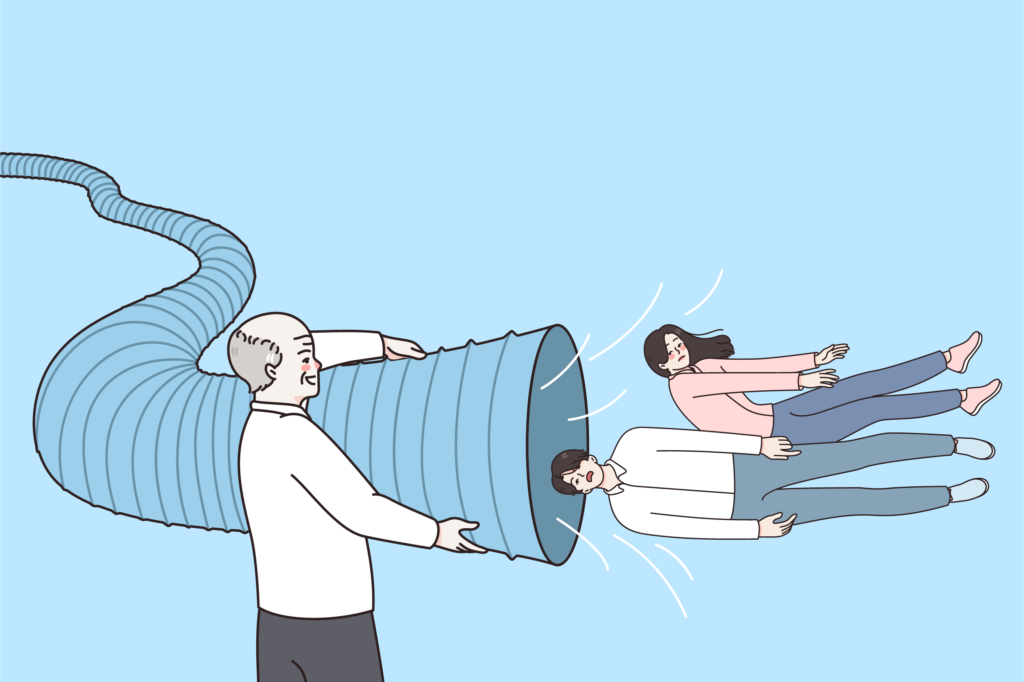
Occasionally I like to catch up with what’s happening in the world of academic research. It might not sound particularly interesting, but every so often I find a great nugget of wisdom hidden away on a university website.
St Edward’s University’s research on frugal spenders is one of those nuggets.
Frugal individuals, the research says, are actually more likely than big spenders to fall for big discounts.
Big spenders will buy the thing they want, and if they can get a discount, it’s nice. But a cheese-paring frugal consumer, having seen a really deep discount, will convince themselves that they absolutely need the item involved – even if they don’t.
Usually, frugal individuals divide their shopping into luxuries and necessities. And usually, they’re pretty good at sticking to those necessities. Even a 10 percent discount isn’t enough to get their fingers hitting the buy button if they’ve decided the item is a luxury. If they don’t need it, they won’t buy it.
But faced with a 60 percent discount, their frugality crumbles. They tell themselves a whopping big lie. It’s that huge discount that does it. They’re just too tempted. But a frugal consumer won’t admit that they’re buying a luxury item on the cheap. Instead, they redefine it as a necessity – letting them enjoy the discount without feeling the guilt.
This is particularly good news for Amazon sellers who can make discounts right now, because the frugal state of mind becomes much more evident when the economy is facing a possible recession or when household incomes are stretched.
However, there are limitations to using deep discounts to motivate frugal shoppers. The item you’re selling still needs to be a moderate-need to high-need purchase and not a frivolous or luxury purchase. You can move someone from “I have to replace that dog blanket sometime soon” to “wow, 70% off, I better replace that dog blanket right now”; but it’s more difficult to sell, say, jewelry or a novelty tee shirt.
And apparently, deep discounts don’t motivate spendthrifts at all. But that’s okay – they’ll buy your product anyway, and probably pay full price, which is great for your profit margin.
So that gives you one really good reason for using Vipon. Consumers who’ve signed up to Vipon are discount hunters by nature – so you’re showing your best deals to exactly the people most likely to be motivated by them. At the same time, you’re keeping your prices on Amazon high enough that your profit margins don’t get wrecked, because only signed-up Vipon members are going to be able to use the coupons to get that brilliant deal.
Source: Sommer Kapitan et al, What a great deal…I need that! Updating need drives frugal consumers’ responses to deep discounts, Journal of Business Research (2021).